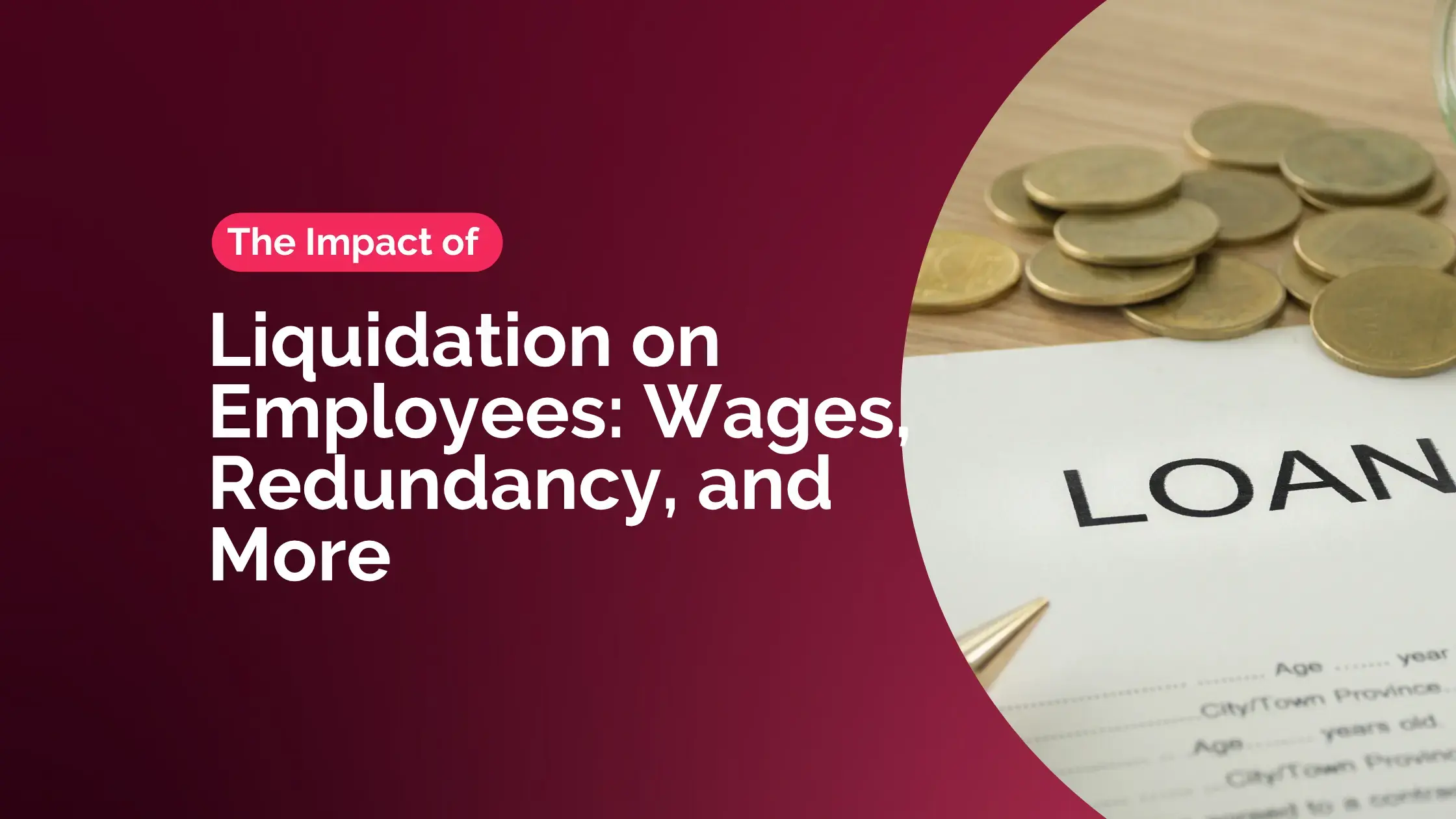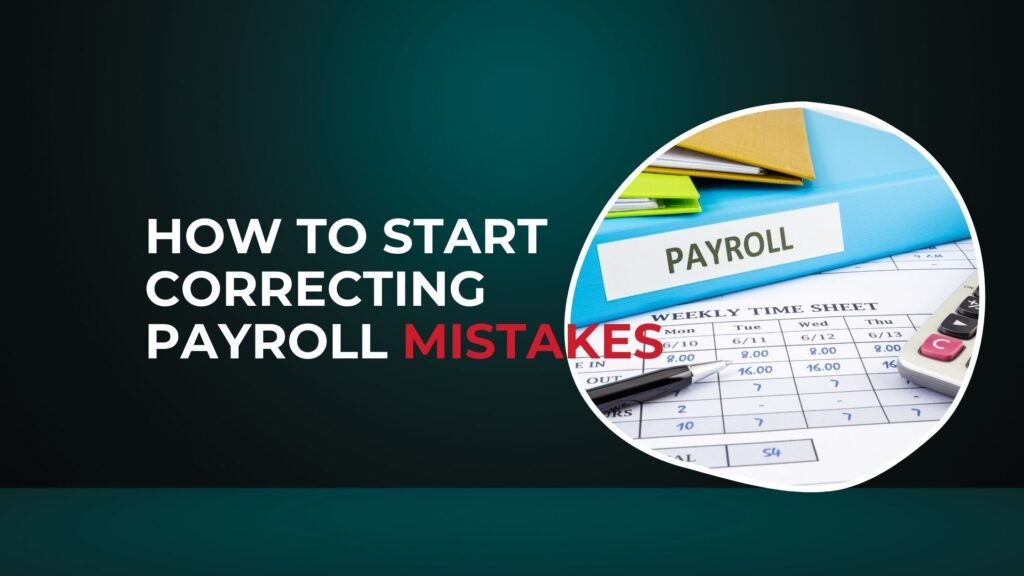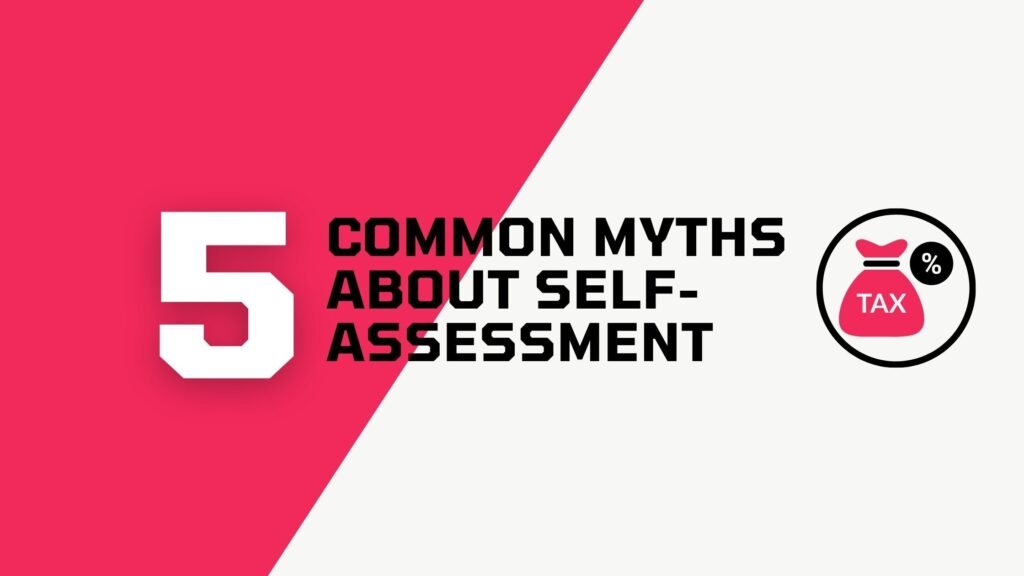When a company goes into liquidation, it means the business can’t pay its debts and must close down. An Insolvency Practitioner is appointed to sell the company’s assets and use the proceeds to pay its creditors. Liquidation doesn’t just affect the business and its directors it has a direct impact on employees too. Staff may lose their jobs, wages can go unpaid, and benefits such as pensions or holiday pay may suddenly be at risk.
Our article explains how liquidation affects employees in the UK. We’ll cover your rights to unpaid wages, redundancy pay, holiday entitlements, and notice periods, and show you how to claim what you’re owed.
Will I Get Paid If My Employer Goes into Liquidation?
Liquidation occurs when a company is unable to pay its debts and must be closed. An Insolvency Practitioner (IP) is appointed to sell assets and distribute funds to creditors. For employees, the impact is immediate. Jobs may be lost, and contracts usually end, creating uncertainty around unpaid wages, redundancy, and benefits. Employees are considered preferential creditors for certain payments, such as wages and holiday pay, which increases the likelihood of receiving some of the owed money, it may not cover all outstanding amounts.
The government’s Redundancy Payments Service (RPS) helps eligible employees claim unpaid wages, redundancy pay, holiday pay, and notice pay if the company can’t make the payments.
How Redundancy Pay Is Calculated During Company Liquidation
If your job ends because your employer goes into liquidation, you may be entitled to statutory redundancy pay.
Who is eligible?
You qualify if you:
- Are an employee (not self employed).
- Have worked for the company for at least 2 years.
- Lost your job due to the company closing, not because of misconduct.
How is redundancy pay calculated?
It depends on:
- Your age at the time of redundancy.
- Years of service (capped at 20 years).
- Weekly pay, capped at £700 per week (as of April 2024).
How to claim
If the company can’t pay, claim through the Redundancy Payments Service (RPS). You’ll need employment dates, pay details, and your notice letter from the Insolvency Practitioner. Payments usually arrive within a few weeks.
Holiday Pay, Notice Pay, and Other Entitlements During Liquidation
Even when a company goes into liquidation, employees are still entitled to certain payments and benefits.
Holiday Pay: Any unused holiday entitlement you’ve built up should be paid. Includes statutory annual leave and, in some cases, contractual leave that your employer promised.
Statutory Notice Pay: If your contract is ended without proper notice, you’re entitled to statutory notice pay. The length of notice depends on how long you’ve worked for the company, and it can be claimed even if the company cannot pay immediately.
Unpaid Pension Contributions: Any unpaid pension contributions made by you or your employer may still be owed. These contributions can sometimes be claimed through the pension provider or included in your claim with the Redundancy Payments Service (RPS).
Employee Rights in Compulsory vs Voluntary Liquidation
Employees are affected differently depending on the type of liquidation:
- Compulsory liquidation is court ordered when a company cannot pay its debts. Jobs are usually lost immediately, and claims for wages, holiday pay, and redundancy are made through the Redundancy Payments Service (RPS).
- The directors initiate a creditors’ Voluntary Liquidation (CVL) to settle debts. Employees may get slightly more notice, but wages, holiday pay, and redundancy entitlements still apply and can be claimed via the RPS.
Knowing the type of liquidation helps employees understand how quickly they can expect to receive payments and their rights during the process.
Conclusion
Liquidation can be stressful for employees, but it’s important to know your rights. Even if your employer cannot pay, you may still be entitled to unpaid wages, redundancy pay, holiday pay, and notice pay. The government’s Redundancy Payments Service (RPS) exists to help ensure you receive what you’re owed.





